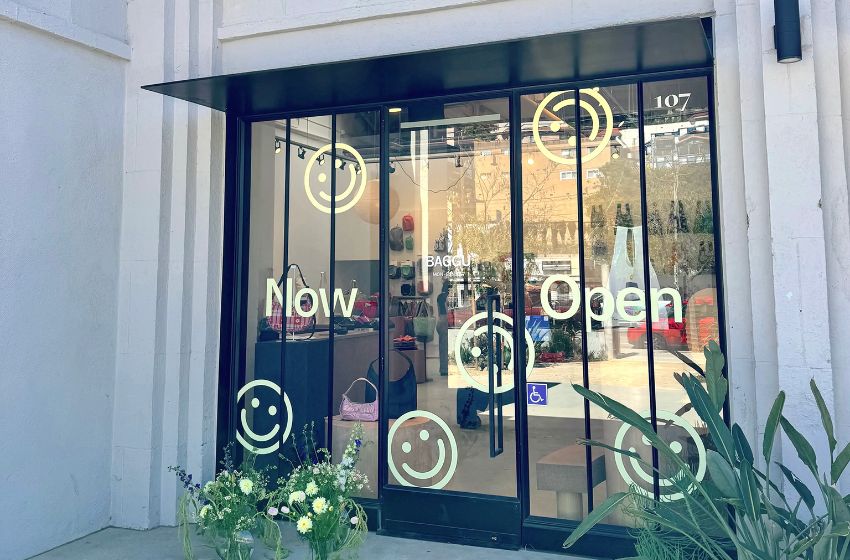
Sustainable Fashion | How BAGGU is Reducing Waste and Managing Deadstock Products
In today’s world, the fashion industry is increasingly under scrutiny for its environmental impact. As consumers become more aware of the consequences of fast fashion, the demand for sustainable alternatives is rising. BAGGU, a brand known for its minimalist designs and commitment to sustainability, has been at the forefront of this movement. By focusing on reducing waste and effectively managing deadstock products, BAGGU exemplifies how companies can make a positive impact on the planet while still creating stylish and functional accessories.
Introduction: Embracing Sustainability in Fashion
The concept of sustainable fashion encompasses more than just the use of organic materials or eco-friendly manufacturing processes. It also involves reducing waste throughout the entire lifecycle of a product, from design to disposal. BAGGU has embraced this philosophy by implementing strategies that not only minimize their environmental footprint but also contribute to a more circular economy. By exploring how BAGGU manages deadstock products and reduces waste, we can gain insights into effective practices that other fashion brands can adopt to promote sustainability.

Designing for Longevity and Timelessness
One of the core principles of sustainable fashion is designing products that are built to last. BAGGU exemplifies this through their commitment to creating timeless designs that transcend seasonal trends. By focusing on durability and functionality, BAGGU ensures that their products can withstand the test of time, reducing the need for frequent replacements and thus minimizing waste.
Utilizing Recycled and Upcycled Materials
Another key strategy employed by BAGGU to reduce waste is the use of recycled and upcycled materials. By incorporating materials such as recycled nylon and upcycled cotton, BAGGU not only diverts waste from landfills but also reduces the demand for virgin resources. This approach not only lessens their environmental impact but also sets an example for the industry on the importance of resource efficiency and circularity.
Managing Deadstock: Reducing Excess Inventory
Deadstock, or unsold inventory, is a significant issue in the fashion industry, contributing to waste and environmental degradation. BAGGU tackles this challenge by implementing effective inventory management strategies that minimize excess production. By accurately forecasting demand and producing in line with actual sales, BAGGU avoids the accumulation of deadstock, thereby reducing waste and maximizing efficiency in their supply chain.
Promoting Repair and Reuse
In addition to reducing waste at the production stage, BAGGU encourages customers to extend the lifespan of their products through repair and reuse initiatives. They offer repair services for their bags, allowing customers to mend wear and tear rather than discarding the item. Furthermore, BAGGU promotes the versatility of their products, demonstrating different ways to use them beyond their original purpose. By fostering a culture of repair and reuse, BAGGU empowers consumers to make sustainable choices and minimize their own environmental impact.
Transparency and Ethical Sourcing
Sustainability in fashion goes beyond environmental considerations; it also encompasses ethical practices throughout the supply chain. BAGGU prioritizes transparency by providing information about their manufacturing processes and sourcing practices. They partner with factories that uphold fair labor standards and prioritize worker welfare. By maintaining ethical sourcing practices, BAGGU ensures that their commitment to sustainability extends to social responsibility, creating a positive impact on communities involved in their production.

Conclusion: Leading by Example in Sustainable Fashion
As consumers increasingly prioritize sustainability, brands like BAGGU demonstrate that it is possible to create stylish, functional products without compromising on environmental or social responsibility. By focusing on reducing waste, managing deadstock, and embracing ethical practices, BAGGU sets a standard for the fashion industry. Their innovative approaches not only minimize their environmental footprint but also inspire other brands to adopt similar strategies. Ultimately, BAGGU proves that sustainability and style can coexist, paving the way for a more responsible future in fashion. By supporting brands that prioritize sustainability, consumers can contribute to positive change and advocate for a more sustainable fashion industry.
